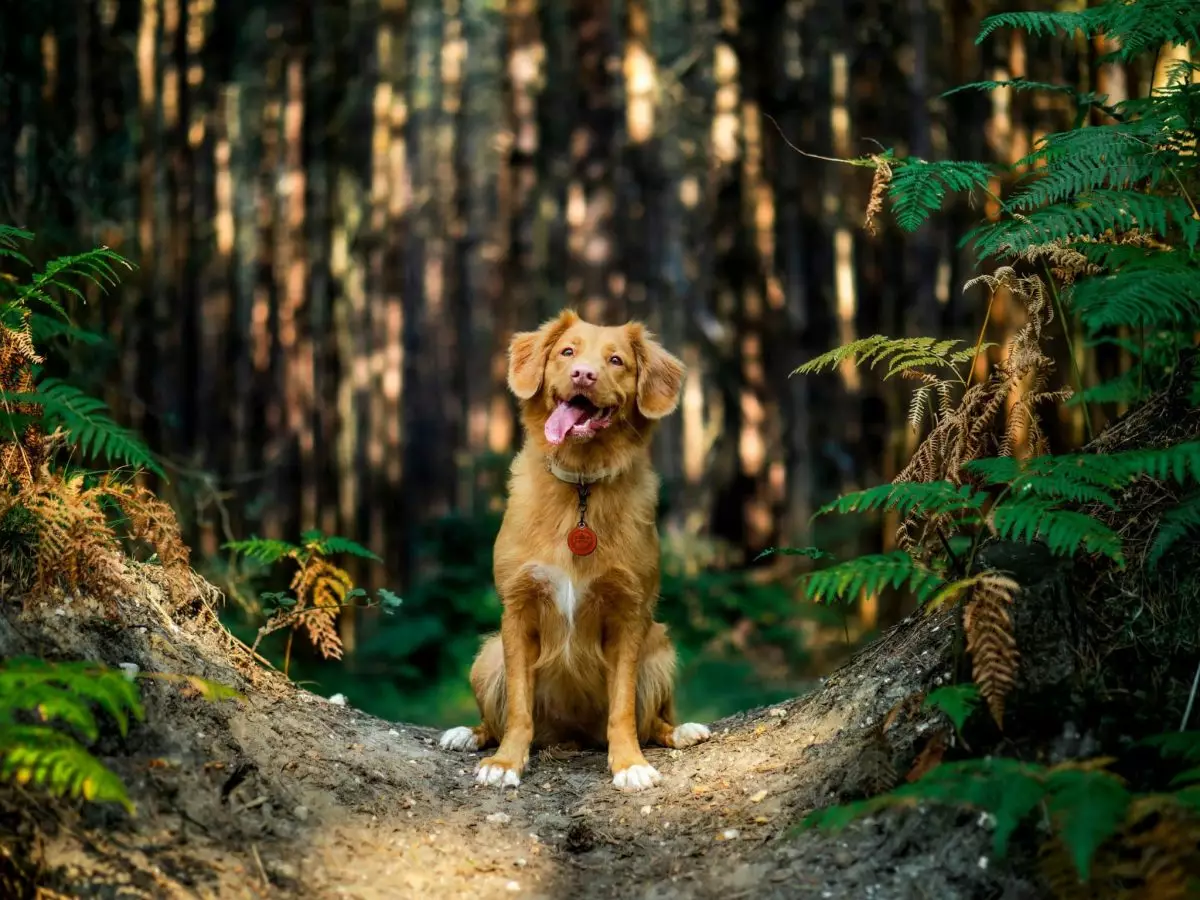Dogs have long held a special place in human hearts, evolving from wild canines into beloved companions. Their unique characteristics extend well beyond mere loyalty; they possess remarkable skills and traits that continue to intrigue and amaze us. Understanding these extraordinary animals not only enriches our relationships with them but also deepens our appreciation for the roles they play in our lives.
One of the most awe-inspiring abilities dogs possess is their sense of smell. Research indicates that a dog’s olfactory senses are anywhere from 10,000 to 100,000 times more sensitive than humans. This incredible capability allows them to detect a wide range of scents, and interestingly, some dogs are trained to identify specific medical conditions, such as tumors or fluctuating glucose levels. These medical detection dogs aren’t just companions; they can play a critical role in health and safety, alerting owners to potential health crises. This capacity to serve as a life-saving ally demonstrates the immense value of dogs in human lives.
Moreover, each dog’s nose print is distinctly unique, akin to human fingerprints. This individuality goes beyond just being a fun fact; it has practical applications in identifying lost dogs, showcasing the variety of skills these animals possess. The nuances of their noses highlight the intricacies of canine biology and the specialized role dogs have in our environments.
Dogs do more than just respond to commands; they’re also incredibly adept at reading human emotions. Their ability to interpret subtle cues in human body language, tone, and facial expressions allows them to react in ways that offer comfort or join in on shared joy. This deep emotional intelligence not only strengthens the bond between humans and dogs but also enriches our understanding of empathy and companionship across species.
Interestingly, the manner in which dogs communicate is complex and multi-faceted. For example, a wagging tail isn’t merely a sign of happiness; its speed and direction can indicate a wide range of emotions, from curiosity to anxiety. This sophisticated form of communication speaks volumes about how dogs express themselves, demonstrating their sentience and emotional range.
Dogs’ adaptations to their environments are astonishing. Some breeds, like the Newfoundland, possess natural swimming abilities, equipped with webbed feet to excel in water. Such skills are not only impressive; they’ve also proven lifesaving in various situations like water rescues. These evolutionary traits underline how dogs have tailored their abilities to meet challenges in diverse environments throughout history.
In addition to swimming abilities, certain breeds exhibit extraordinary physical traits that aid their survival and functionality. For instance, the Norwegian Lundehund features an extra toe on each paw, allowing it to nimbly navigate rocky terrains when hunting puffins. This specialized adaptation showcases nature’s ingenuity and the diverse roles that different dog breeds have played throughout their history with humans.
The Science of Dog Cognition
Delving into the cognitive capabilities of dogs reveals that they share a surprising amount of similarities with young children in terms of intelligence. Studies suggest that dogs can understand around 165 words on average—some exceptionally trained dogs can even grasp up to 250 words or commands. Their problem-solving skills and ability to learn routines underscore their intelligence and potential for training. This cognitive depth makes the relationship between dogs and humans not only heartwarming but intellectually stimulating.
Furthermore, dogs have an innate ability to grasp the passage of time, which they interpret through changing scents. This unique trait allows them to anticipate regular events, such as mealtime or when their owners return home, showcasing their keen awareness of their surroundings. Such fascinating abilities remind us of the unique bonds we share with these animals.
The relationship between dogs and humans stretches back over 15,000 years, making them one of our oldest companions. This enduring partnership has significantly shaped both species, with dogs evolving to fit various roles, from herding and guarding to providing companionship. Their loyalty and adaptability have forged an incredibly strong connection with humans, leading to the saying that dogs are “man’s best friend.”
The attributes that make dogs so special are countless—ranging from their unmatched loyalty to their extraordinary abilities and emotional depth. These remarkable traits invite us to admire and celebrate each dog’s unique personality, reaffirming why they are referred to as one of nature’s greatest gifts.
Dogs are far more than mere pets; they are complex beings with a wealth of talents and characteristics that enrich our lives. Whether they are helping us in daily tasks, providing companionship, or simply being a source of joy, dogs remind us of the depth of love and connection that can exist between species. Their remarkable abilities continue to astonish us, highlighting the need for ongoing appreciation for these wonderful creatures who have so much to offer.

